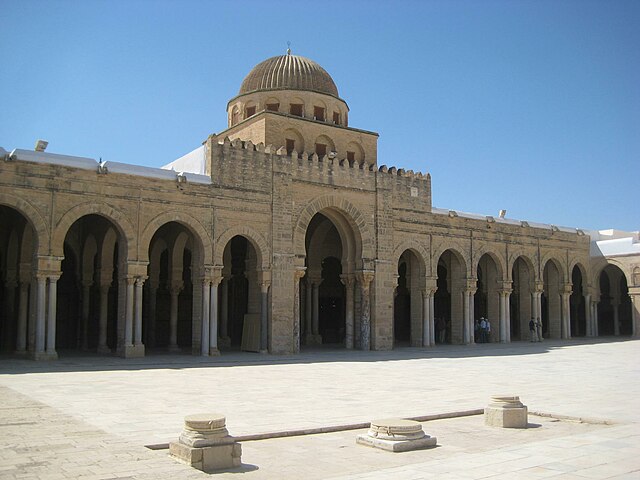The Mudawana, short for mudawwanat al-aḥwāl al-shakhṣiyyah, is the personal status code, also known as the family code, in Moroccan law. It concerns issues related to the family, including the regulation of marriage, polygamy, divorce, inheritance, and child custody. Originally based on the Maliki school of Sunni Islamic jurisprudence, it was codified after the country gained independence from France in 1956. Its most recent revision, passed by the Moroccan parliament in 2004, was praised by human rights activists for its measures to address women's rights and gender equality within an Islamic legal framework.
Mohammed VI of Morocco, 2004
The Maliki school or Malikism is one of the four major schools of Islamic jurisprudence within Sunni Islam. It was founded by Malik ibn Anas in the 8th century. The Maliki school of jurisprudence relies on the Quran and hadiths as primary sources. Unlike other Islamic fiqhs, Maliki fiqh also considers the consensus of the people of Medina to be a valid source of Islamic law.
The Great Mosque of Kairouan, known since the 9th century as one of the most important Maliki centers. The Great Mosque of Kairouan is situated in the city of Kairouan in Tunisia.


